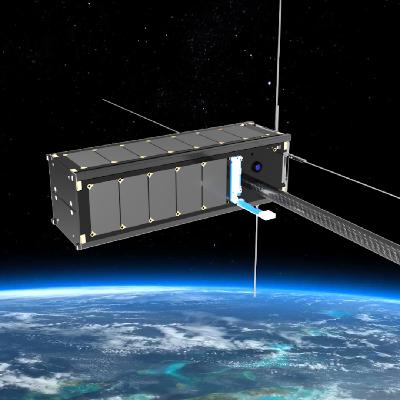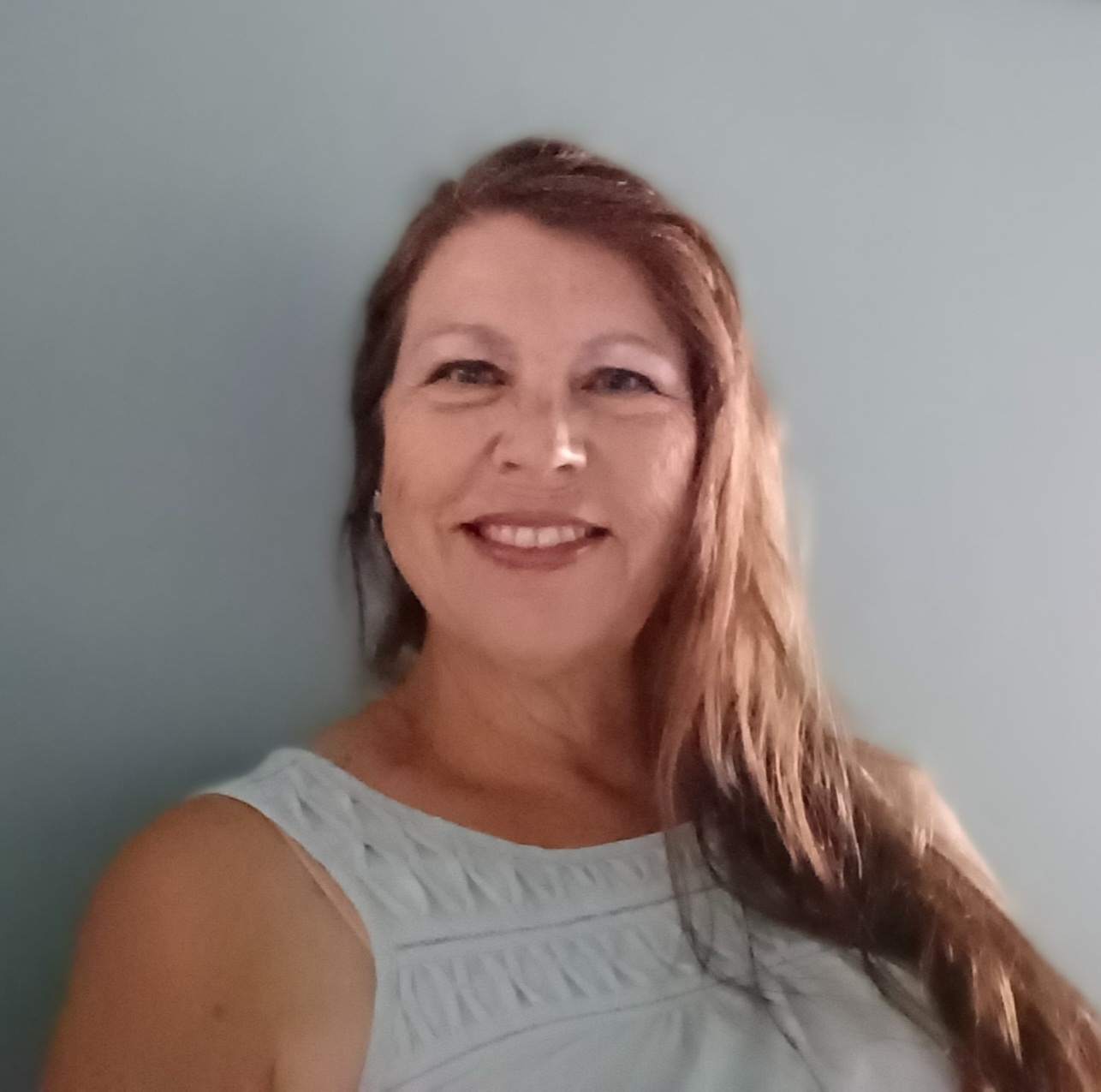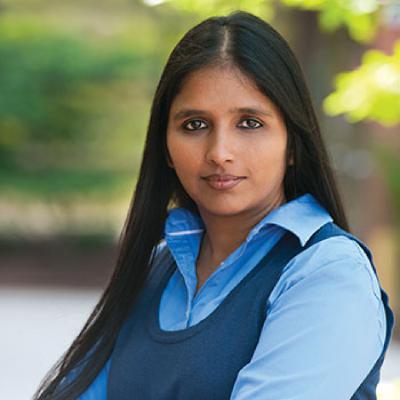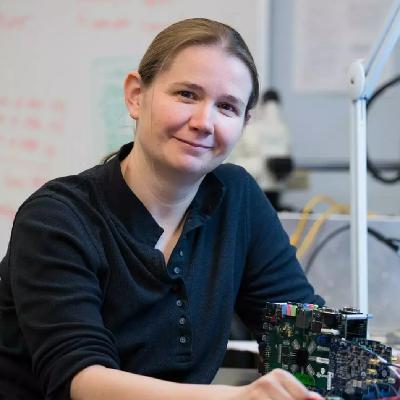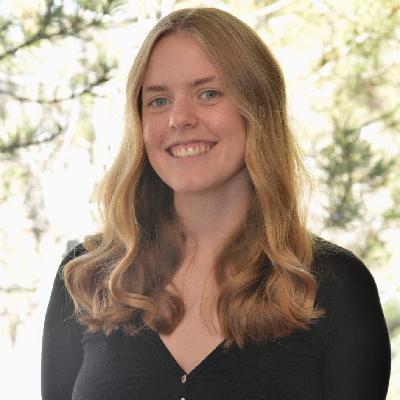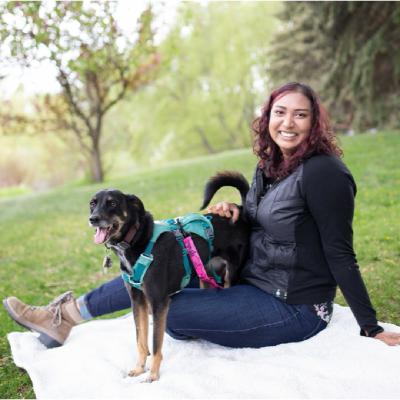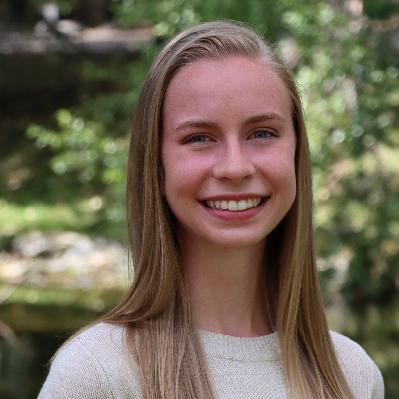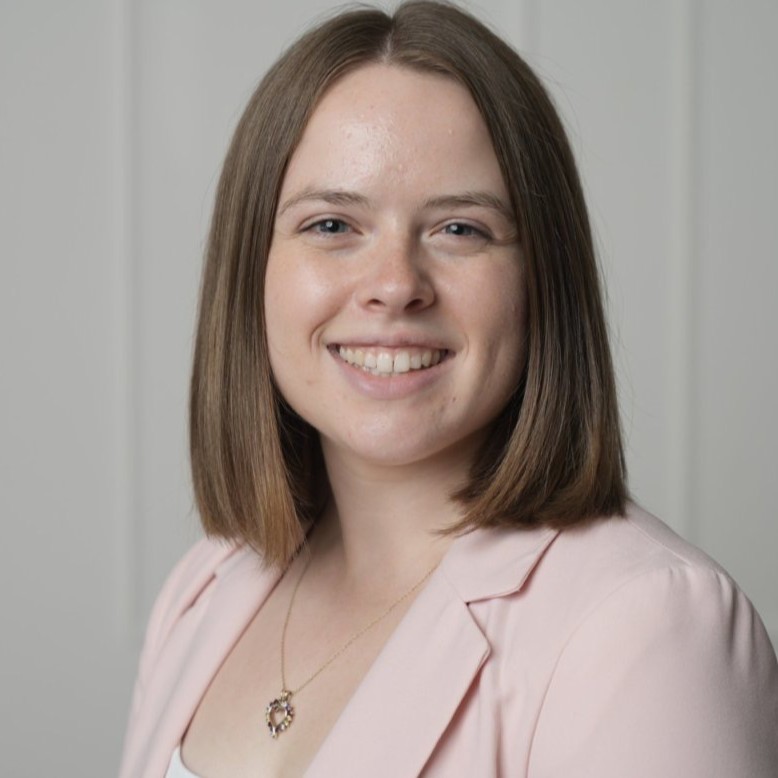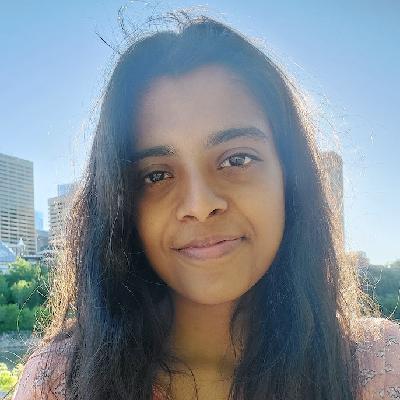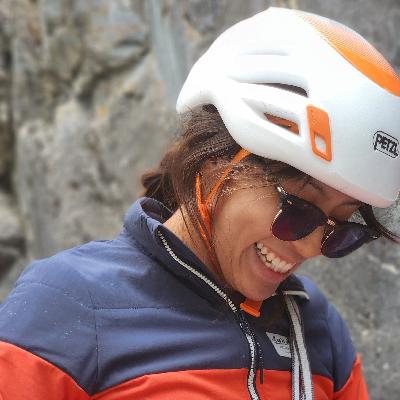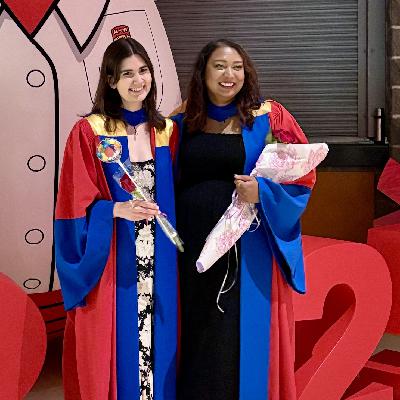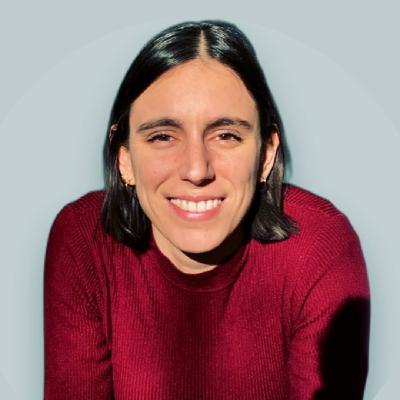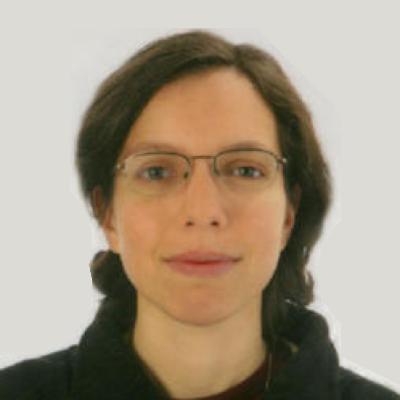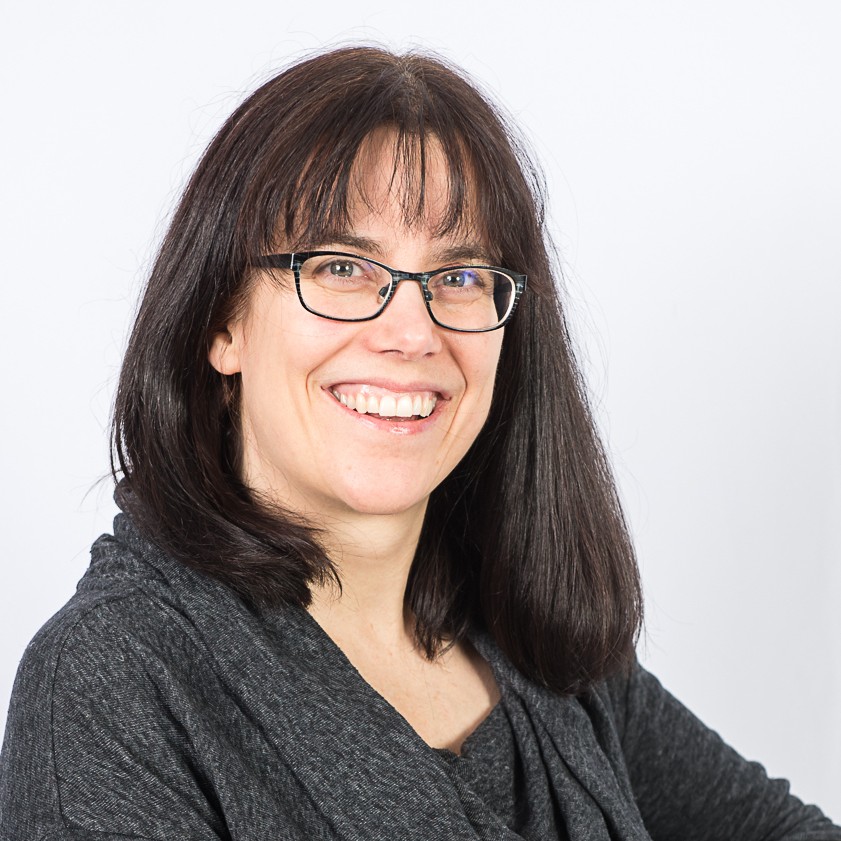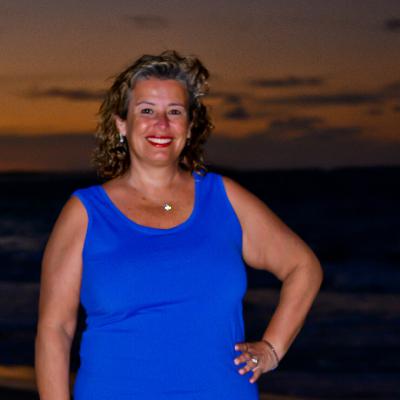Discover The PAM Talks
The PAM Talks

The PAM Talks
Author: The PAM Talks
Subscribed: 0Played: 1Subscribe
Share
© Copyright 2024 All rights reserved.
Description
The PAM Talks is an interview series showcasing the voices of researchers who belong to traditionally underrepresented groups in Physics and Astronomy, specifically highlighting women and other gender minorities. If you were to ask a random person from the public, they would likely struggle to name even one woman scientist, let alone a physicist. Our mission is to address this lack of representation, increasing awareness among our audience about the diverse spectrum of researchers in physics and astronomy. We provide a platform for these researchers to share their work and personal experiences, fostering inclusivity and breaking down barriers in the scientific community.
We gratefully acknowledge support from the University of Calgary Graduate Student Association Quality Money grant program.
We gratefully acknowledge support from the University of Calgary Graduate Student Association Quality Money grant program.
16 Episodes
Reverse
Introducing CalgaryToSpace, a group of students from the University of Calgary with the dream of launching Calgary's first student-built satellite! In this epsiode of the PAM Talks, mathematics PhD student, E, interviews Kaleigh Beer, President of CalgaryToSpace, and Aarti Chandiramani, Orbit Lead. The first CalgaryToSpace CubeSat, FrontierSat, is scheduled for launch in Fall 2025, in partnership with Exolaunch. Listen to learn about this exciting initiative and how students can become involved in Canada's aerospace industry.
Mentor: Kaleigh Beer, President, and Aarti Chandiramani, Orbit Lead, from CalgaryToSpace
Host: E, Mathematics PhD student
Edited by: Becky Booth, physics PhD student, University of Calgary
Produced by: Laiba Nayeem, undergraduate student, University of Calgary
The PAM Talks gratefully acknowledges support from the University of Calgary Graduate Student Association Quality Money grant program.
Located in the foothills of the Rocky Mountains, just southwest of Calgary, the University of Calgary’s Rothney Astrophysical Observatory supports research, teaching, and public outreach in astronomy and science. Jennifer Howse, the Observatory’s Education Specialist, oversees its outreach and school programs, helping connect people of all ages to the night sky. In this interview, PhD student Solveig Thompson speaks with Jennifer about the importance of science communication, our connection to the sky across the generations through storytelling, and the growing need to protect our dark skies.
The Rothney Astrophysical Observatory is located under the starry skies of the traditional territories of the peoples of Treaty 7, which include the Blackfoot Confederacy (comprised of the Siksika, the Piikani, and the Kainai First Nations), the Tsuut’ina First Nation, and the Stoney Nakoda (including Chiniki, Bearspaw, and Goodstoney First Nations). The City of Calgary is also home to the Métis Nation of Alberta (Districts 5 and 6).
Information about upcoming public nights at the Rothney Observatory can be found at https://science.ucalgary.ca/rothney-observatory/public-events.
Mentor: Jennifer Howse, Education Specialist, Rothney Astrophysical Observatory, University of Calgary
Host: Solveig Thompson, astrophysics PhD student, University of Calgary
Edited by: Josué Ibarra Molinas, physics PhD student, University of Calgary
Produced by: Becky Booth, astrophysics PhD student, University of Calgary
The PAM Talks gratefully acknowledges support from the University of Calgary Graduate Student Association Quality Money grant program.
Dr. Shohini Ghose wears many hats! She is Professor of Physics and Computer Science at Wilfrid Laurier University and Chief Technology Officer of the Quantum Algorithms Institute. Her research focuses on quantum superposition and entanglement, uncovering their applications in computing and information processing. Beyond her scientific achievements, Dr. Ghose is a champion for equity, diversity, and inclusion in STEM. She serves as an NSERC Chair for Women in Science and Engineering and leads impactful programs as the Research and Programs Director of the Laurier Centre for Women in Science. In her award-winning book, Her Space, Her Time, Dr. Ghose brings to light the stories of pioneering women in physics and astronomy, inspiring readers with their remarkable journeys. In this interview, hosted by MSc student Gabby Gelinas, we explore how quantum computing is shaping our world and learn about Dr. Ghose's efforts to honor the trailblazers of the past while paving the way for future generations of women in physics.
Mentor: Dr. Shohini Ghose, Professor of Physics and Computer Science at Wilfrid Laurier University and Chief Technology Officer of the Quantum Algorithms Institute. NSERC Chair for Women in Science and Engineering. Research and Programs Director of the Laurier Centre for Women in Science.
Host: Gabby Gelinas, MSc student, University of British Columbia
Edited and produced by: Becky Booth, PhD candidate, University of Calgary
The PAM Talks gratefully acknowledges support from the University of Calgary Graduate Student Association Quality Money grant program.
Click here for the episode transcript
Space physics explores how the space environment impacts Earth’s upper atmosphere and magnetosphere, thriving on the teamwork of physicists, engineers, and computer scientists. In this episode, Dr. Emma Spanswick, Associate Professor of Space Physics at the University of Calgary, shares insights into her cross-disciplinary team and how their diverse expertise drives the pursuit of a deeper understanding of the space environment.
Mentor: Dr. Emma Spanswick, Associate Professor, University of Calgary
Host: Emma Garrison, MSc student, University of Calgary
Editor: Anja Rabus, MSc student, University of Calgary
Produced by: Ciara Chisholm, MSc student, University of Calgary
The PAM Talks gratefully acknowledges support from the University of Calgary Graduate Student Association Quality Money grant program.
Click here for the episode transcript
At the beginning of the universe, equal amounts of matter and antimatter were created. But in the universe today, all we see is regular matter. So where did all the the antimatter go? This is one of the biggest questions in particle physics. In this interview with Abby Swadling, a masters student at the University of Calgary, we learn about an international effort to measure the Lamb Shift transition of antihydrogen using the facilities at CERN. This work aims to add to our understanding of the properties of antimatter, an important piece in the puzzle that is the missing antimatter problem.
Mentor: Abby Swadling, MSc Student, University of Calgary
Host and editor: Becky Booth, PhD Candidate, University of Calgary
Produced by: Pooja Woosaree, PhD Candidate, University of Calgary
The PAM Talks gratefully acknowledges support from the University of Calgary Graduate Student Association Quality Money grant program.
Click here the for episode transcript
In this first rereleased interview, Pooja Woosaree, a PhD student in particle physics, is in conversation with Victoria Gonzalez, an astrophysics undergraduate student. Coming to you from their school, the University of Calgary, they talk about the journey to graduate school and the wonders of particle accelerators.
The PAM Talks team is working hard on preparing a fantastic line-up of Season 2 interviews. While you wait, you can listen to these "Season 1.5" epsiodes, which will be audio versions of our original PAM Talks youtube series.
Host: Victoria Gonzalez, undergraduate student, University of Calgary
Produced and edited by: Dr. Davor Curic, University of Calgary
The PAM Talks gratefully acknowledges support from the University of Calgary Graduate Student Association Quality Money grant program.
Click here for the episode transcript
In this episode of the PAM Talks, we explore the intersection of physics and medicine as host Gabby interviews Paula Brandt, a medical science PhD student at the University of Calgary. Paula shares her journey from studying physics to medical research, driven by a desire to combine her passions. In her research, Paula applies her physics background in optics to understand protein misfolding in type two diabetes, highlighting the importance of understanding the role of misfolded proteins in disease progression. This research aims to develop a diagnostic procedure to detect misfolded proteins earlier, potentially revolutionizing diabetes treatment.
Host: Gabby Gelinas, Masters Student, University of British Columbia
Edited by: Josue Ibarra Molinas, Graduate student, University of Calgary
Produced by: Becky Booth, PhD Candidate, Astrophysics, University of Calgary
The PAM Talks gratefully acknowledges support from the University of Calgary Graduate Student Association Quality Money grant program.
Click here for the episode transcript
It's March 14th, and in honor of Pi Day, PAM Talks is shifting to the world of math! Embark on an exploration of mathematical modeling with Jenny Lawson, an interdisciplinary PhD student at the University of Calgary. A passionate advocate for mathematical education, Jenny describes the crucial role of understanding mathematical modeling in real-world challenges like fisheries sustainability. Join us as Jenny and our host, undergraduate student Ea, delve into the beauty and significance of math beyond textbooks, bridging theory with practical application. Tune in for a captivating conversation that celebrates the intersection of mathematics and everyday life.
Host: Ea, Honors Physics and Mathematics Undergraduate Student, University of Calgary.
Edited and produced by:
Becky Booth, PhD Candidate, Astrophysics, University of Calgary.
The PAM Talks gratefully acknowledges support from the University of Calgary Graduate Student Association Quality Money grant program.
Pragati Gupta is a PhD student with the Quantum Science and Technology Group at the University of Calgary. In this episode of the PAM Talks, we’re diving into the fascinating world of quantum computing as undergraduate student Emina Hafiz interviews Pragati about her research in quantum computing.
Quantum computing is a developing technology that leverages the principles of quantum mechanics to make computers that will be able to rapidly solve some of the types of problems that are challenging for classical computers to solve efficiently. Instead of using classical bits, quantum computers use quantum bits, or qubits. What makes qubits special is that they can exist in multiple states at the same time. It's like having a light switch that can be both on and off simultaneously! This property is an example of superposition. Because of superposition, a quantum computer can perform many calculations at the same time, making it potentially much more powerful than a classical computer for certain types of problems.
Host: Emina Hafiz, Astrophysics undergraduate student, University of Calgary.
Edited by:
Anja Rabus, MSc student, Complexity Physics, University of Calgary.
Becky Booth, PhD Candidate, Astrophysics, University of Calgary.
The PAM Talks gratefully acknowledges support from the University of Calgary Graduate Student Association Quality Money grant program.
Like the Sun and the Earth, the Milky Way Galaxy has a magnetic field. This Galactic magnetic field plays a significant role in star formation and is even thought to support the vertical structure of the Galactic disk against gravitational collapse. There is no doubt about its importance, but we still know very little about the Galactic magnetic field. Since magnetic fields themselves do not give off light, they are difficult to observe directly. Dr. Anna Ordog is a post-doctoral researcher at the Dominion Radio Astrophysical Observatory. In this inaugural episode of the PAM Talks, PhD student Pooja Woosaree interviews Dr. Ordog and learns how radio astronomy is used to detect and model the Magnetic field of the Milky Way Galaxy.
Host: Pooja Woosaree, PhD Candidate, Alpha-G Collaboration, University of Calgary
Produced and edited by: Becky Booth, PhD Candidate, Astrophysics, University of Calgary
The PAM Talks gratefully acknowledges support from the University of Calgary Graduate Student Association Quality Money grant program.
Mayte Li is a PhD student with Quantum City at the University of Calgary. Originally from Mexico City, she has found both challenge and inspiration in Calgary: from building quantum microscopes that harness entangled photons, to climbing in the Canadian Rockies. For Mayte, climbing and research share the same lessons: resilience, balance, and persistence in the face of setbacks. Along the way, she has built community and friendship, showing that science is not only about discovery but also about the people that make the climb possible.
Mentor: Mayte Li, PhD student at the University of Calgary
Host: Stefan Sura, Undergraduate student in physics at the University of Calgary
Edited and produced by: Josué Ibarra Molinas, physics PhD student, University of Calgary
The PAM Talks gratefully acknowledges support from the University of Calgary Graduate Student Association Quality Money grant program.
Dr. Pooja Woosaree and Dr. Pamela Freeman recorded this episode in December 2024, shortly after both of their PhD defences. They recap the highs and the lows, the trials and the joys of graduate school. They chat about their thesis research, the opportunities for international collaboration, their personal journeys through university, and the community they had at the University of Calgary (Pamela: maybe the real research was the friends we made along the way).
With a bonus topic: why this podcast is named the PAM Talks!
Pooja’s PhD: ‘First Measurement of Antihydrogen Free Fall Using a Radial Time Projection Chamber’, is explored in PAM Talks episode 1.5.1.
Pamela’s PhD: ‘Chemical Diversity in High-Mass Star-Forming Regions', will be explored in a future episode; for more radio astronomy, see Dr. Anna Ordog’s PAM Talks episode 1.0.1.
Edited and produced by: Dr. Pamela Freeman
The PAM Talks gratefully acknowledges support from the University of Calgary Graduate Student Association Quality Money grant program.
Often, systems cannot easily be described by their parts or the sum of their parts — an everyday example is the brain. How do we study these systems? And how do physicists contribute to this work? Dr. Maria Masoliver is a postdoctoral scholar in the Department of Physics and Astronomy at the University of Calgary, specializing in complexity science and computational neuroscience. In this video Maria chats with Ea, an undergraduate student in math and physics, about her path into neuroscience research via physics and the wonders of interdisciplinary work.
Mentor: Dr. Maria Masoliver, post-doctoral researcher in complexity science and computational neuroscience.
Host: Ea, University of Calgary Math and Physics Alumnus.
Produced and edited by: Dr. Davor Curic, University of Calgary
The PAM Talks gratefully acknowledges support from the University of Calgary Graduate Student Association Quality Money grant program.
Click here for the episode transcript
Claudia Gomes da Rocha, an Associate Professor and theoretical condensed matter physicist at the University of Calgary, is in conversation with Jane Cohen-Wallis, an engineering physics undergraduate student from Queen's University. They discuss choosing a research path, their experiences with physics, how computers are integral to physics research, and what condensed matter physics even is.
The PAM Talks team is working hard on preparing our continued line-up of Season 2 interviews. While you wait, you can listen to these "Season 1.5" epsiodes, which will be audio versions of our original PAM Talks youtube series.
Dr. Gomes da Rocha has been an important supporter of the PAM Talks, acting as a mentor to this team both during this interview and as this project has evolved. At the time of recording Dr. Gomes da Rocha was an Assistant Professor but has since been promoted to Associate Professor. The whole PAM Talks team congratulates her on reaching this milestone and celebrates her ongoing career success.
Mentor: Dr. Claudia Gomes da Rocha, Associate Professor and Associate Head EDI, Department of Physics and Astronomy, University of Calgary, and full member of the Hotchkiss Brain Institute.
Host: Jane Cohen-Wallis, undergraduate student, Queen's University
Produced and edited by: Dr. Davor Curic, University of Calgary
The PAM Talks gratefully acknowledges support from the University of Calgary Graduate Student Association Quality Money grant program.
Click here for the episode transcript
Dr. Jo-Anne Brown is a Professor in the Department of Physics and Astronomy at the University of Calgary. Dr. Brown's radio astronomy research focuses on measuring the Galactic magnetic field. Over the years, she has supervised numerous graduate students, including Dr. Anna Ordog, who was featured in episode 1.0.1 of The PAM Talks podcast. In this episode, Dr. Brown joins Jia Yi Ren, an undergraduate student in astrophysics, to discuss shifting career paths and exploring new ideas about the 3D configuration of the magnetic field in our Milky Way Galaxy.
The PAM Talks team is working hard on preparing a fantastic line-up of Season 2 interviews. While you wait, you can listen to these "Season 1.5" epsiodes, which will be audio versions of our original PAM Talks youtube series.
Host: Jia Yi Ren, undergraduate student, University of Calgary
Produced and edited by: Dr. Davor Curic, University of Calgary
The PAM Talks gratefully acknowledges support from the University of Calgary Graduate Student Association Quality Money grant program.
Click here for the episode transcript
What would happen if the Earth experienced a severe geomagnetic storm? Blackouts? Loss of communication networks? Satellite failure? In this episode of The PAM Talks, host Ciara Chisholm explores this question and more with guest mentor, Dr. Laura Mazzino, an assistant professor at the University of Calgary specializing in space physics. Dr. Mazzino shares her journey from humble beginnings in Argentina to her current role, an inspiring story of perseverance and determination. Through her expertise, she explains the potential impacts of geomagnetic storms on our technology, including disruptions to satellite communication and power grids. We learn about the interconnectedness of space weather and its effects on Earth, highlighting the importance of studying and understanding these phenomena.
Host: Ciara Chisholm, Masters Student, University of Calgary
Edited by: Anja Rabus, Masters Student, University of Calgary
Produced by: Becky Booth, PhD Candidate, Astrophysics, University of Calgary
The PAM Talks gratefully acknowledges support from the University of Calgary Graduate Student Association Quality Money grant program.
Click here for the episode transcript


